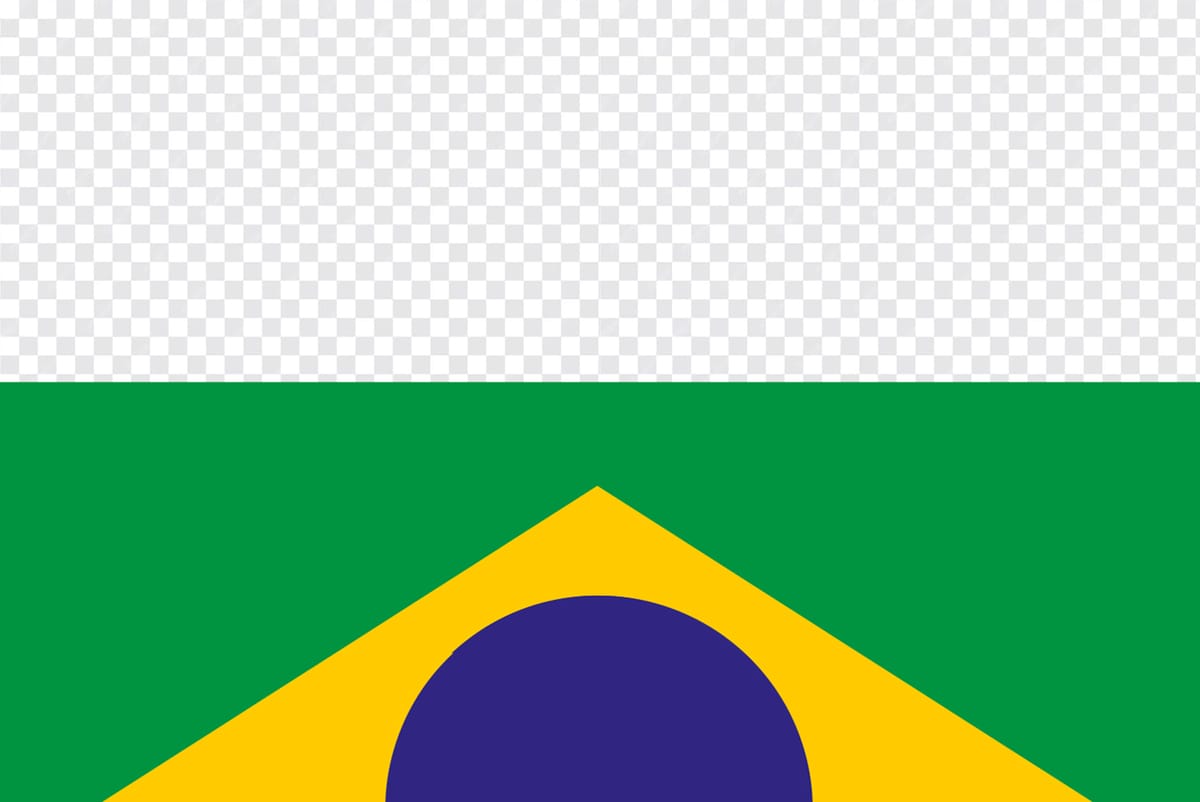From Co-opted to Collective: Green and Yellow, Without Shame
A new generation of Brazilians is redefining nationalism—not as a weapon of the right, but as a tool of resistance and dignity.

For too long, patriotism in Brazil wore a single face: green-and-yellow shirts worn like armor, national flags draped over shoulders as if to ward off nuance, and slogans that blurred the line between love of country and hatred of its people. The far right didn’t just co-opt symbols—they militarized them, dressing authoritarianism in the costume of nationalism.
But that monopoly is crumbling.
Across Brazil, a new current is forming. A form of patriotism rooted not in spectacle but in sovereignty. Not in exclusion, but in collective memory. This shift isn’t about aesthetics alone—it’s about who gets to speak in the name of the nation, and what values are wrapped in its colors.
When the Right Forgot What Sovereignty Means
The irony, of course, is that those who shouted the loudest about sovereignty were often the quickest to surrender it. Under the banner of nationalism, Brazil was auctioned off—its forests, its labor rights, its social protections—all sacrificed to the gods of global capital and foreign diplomacy. All while chanting that Brazil should be “great again.”
The contradiction became impossible to ignore when Brazil found itself facing politically motivated tariffs from the United States—economic punishment disguised as trade policy. Suddenly, the gap between nationalist rhetoric and national defense was laid bare. Those who had spent years wrapping themselves in the flag were conspicuously quiet when Brazil's economy was being weaponized against its people.
The tariffs didn't just threaten jobs and livelihoods; they forced a reckoning with what sovereignty actually looks like when tested. In that moment, Brazilians across the political spectrum began to understand that real patriotism isn't about performing loyalty to symbols—it's about refusing to let your country be held hostage. The external pressure became a unifying force, crystallizing a shared Brazilian identity that transcended the artificial divisions that had been exploited for so long.
Sovereignty isn’t just a slogan. It’s not found in parades or tweets. It’s found in how a country feeds its people, how it protects its land, how it refuses to be bullied by external powers or sold out from within.
A Left That Doesn’t Apologize for Loving Its Country
In response, the Brazilian left is no longer ceding ground on national identity. The old fear—that waving the flag meant endorsing violence or bigotry—is giving way to a more complex truth: that the flag belongs to the people. And that loving your country also means refusing to let it become a colony of capital.
This resurgence isn’t nostalgic. It doesn’t dream of military rule or mythic pasts. It looks forward—toward racial justice, ecological survival, education, housing, and food security. It sees the quilombo and the favela as foundational. It understands that sovereignty without equity is an illusion, and that the colors of Brazil cannot be used to erase Blackness, Indigeneity, or queerness.
This is not the nationalism of fences. It is the nationalism of fields, forests, kitchens, and classrooms.
Redefining the Symbols
This new wave doesn’t throw away the symbols. It repurposes them. The flag becomes not a prop for repression, but a banner of resistance. The anthem is heard not in stadiums, but in the voices of teachers, nurses, and activists. Patriotism is no longer about allegiance to a state, but commitment to a people.
In the face of economic coercion from abroad and political sabotage from within, this reclamation matters. It signals that Brazil’s future won’t be outsourced. That the soul of the nation can’t be licensed or franchised. And that dignity will never be up for export.
"We Were Always the Nation"
What’s happening isn’t just symbolic. It’s structural. It’s generational. It’s coming from artists, thinkers, educators, workers. And it’s saying, without hesitation: we were always the nation. Even when we were pushed to the margins. Even when we were told we didn’t belong.
The flag is Brazil's again.
Not because it was handed back.
But because the people never stopped carrying it.




